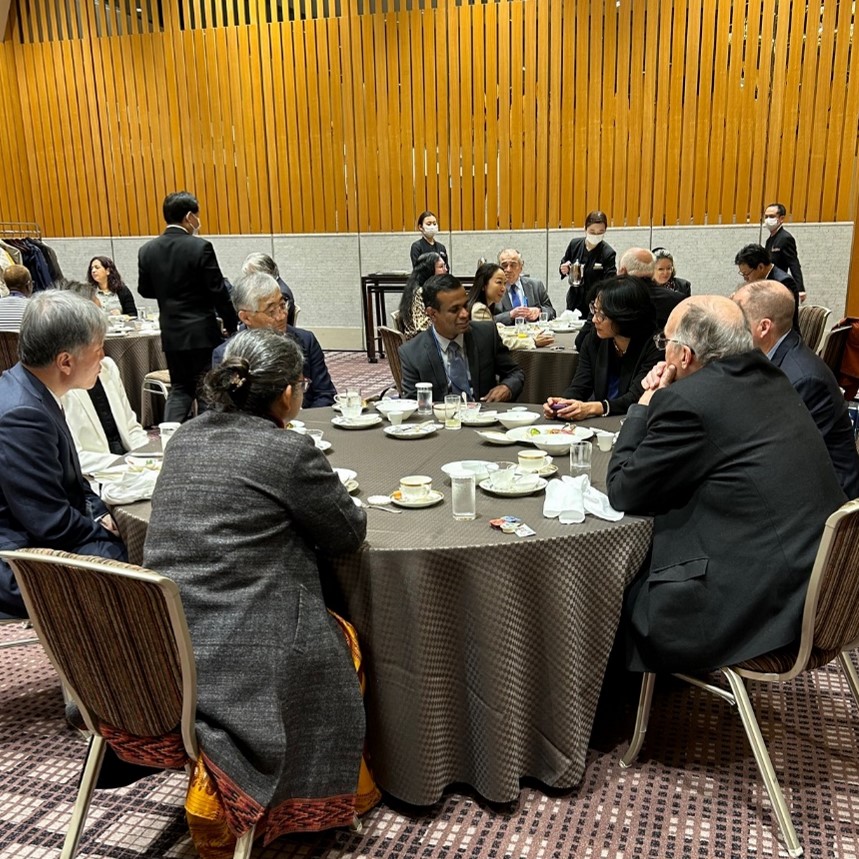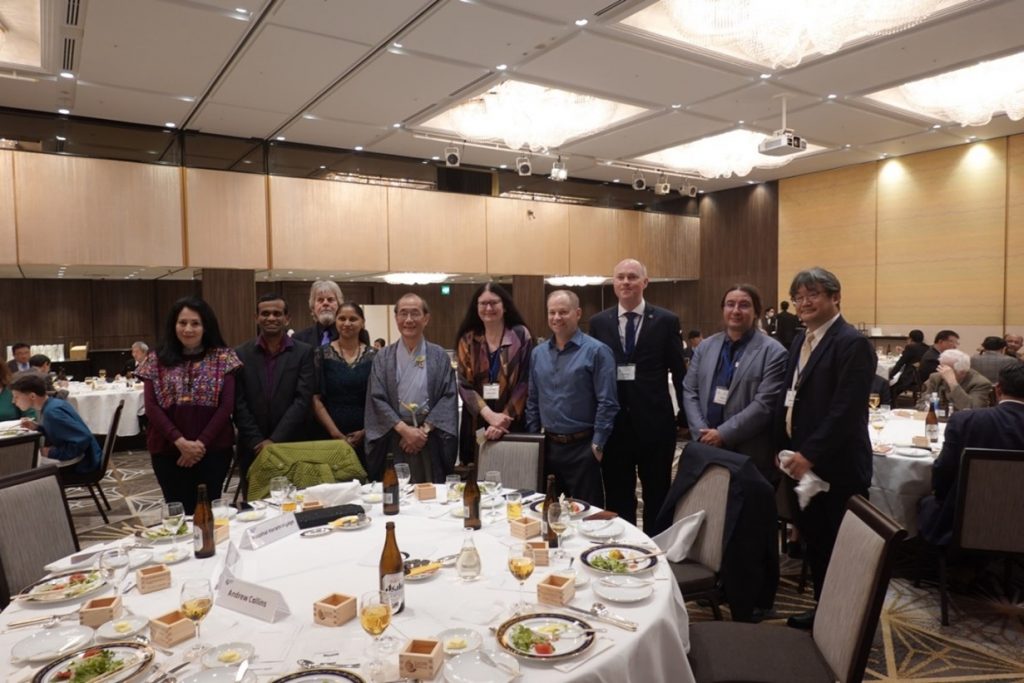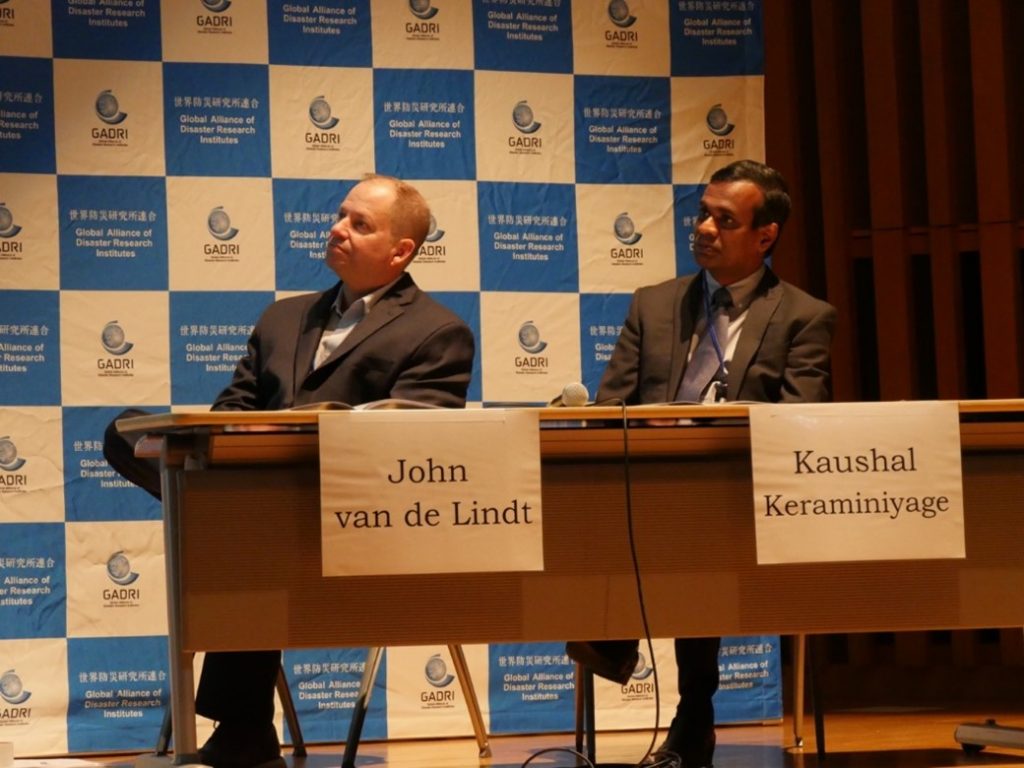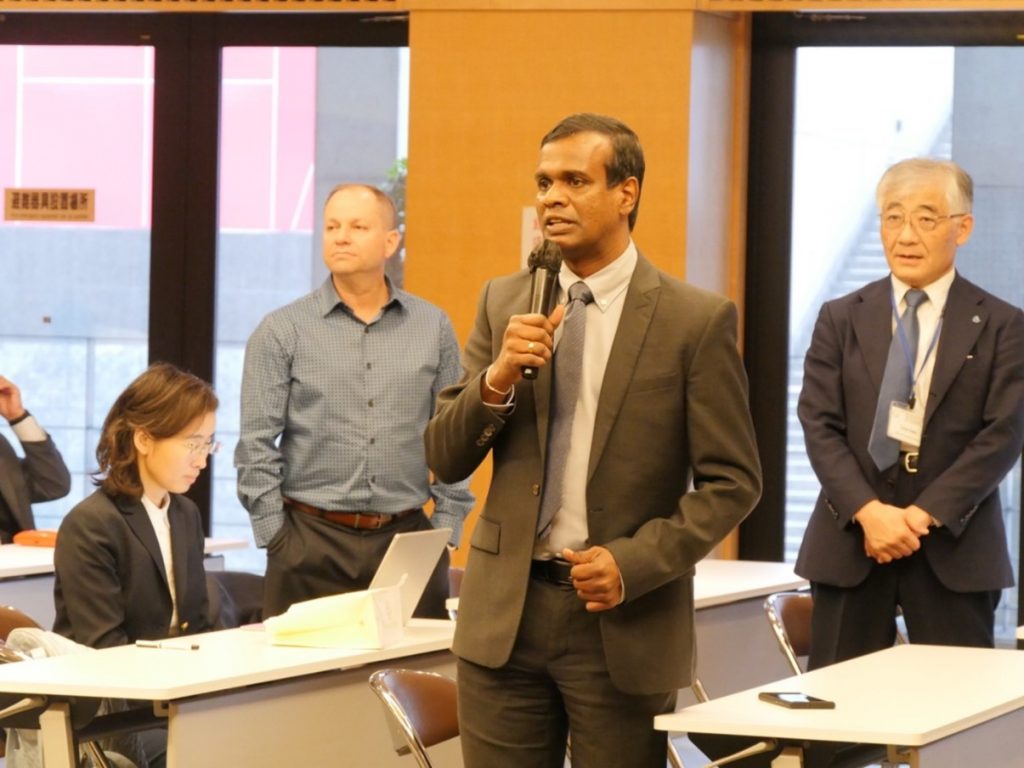The University of Salford’s Dr. Kaushal Keraminiyage was invited by the Global Alliance of Disaster Research Institutes to participate in this year’s global summit in Kyoto, Japan (which took place at Kyoto University’s Disaster Prevention Research Institute between 15 and 17 March 2023).
The event was attended in person and virtually by more than 180 practitioners and academics who are involved with disaster risk reduction activities that support the United Nations Sendai Framework for Disaster Risk Reduction 2015-2030 agenda.
Since the worldwide pandemic, the requirements for conventional disaster risk management for the development of sustainable and resilient communities has been compounded. As a response, the Summit aimed to further the understanding of sustainable and resilient communities through its themes focusing on worldwide research networks, research roadmaps, and plans, building capacity across research institutes, knowledge sharing, and linking research networks through collaborative engagement.
The Global Alliance of Disaster Research Institutes was established in 2015 and acts a collaborative platform for discussion, knowledge exchange, and promoting networks on topics related to reducing disaster risk and building resilience against disasters. Dr. Keraminiyage is on the Board of Directors and represents THINKlab at the School of Science, Engineering and Environment. At this year’s event he discussed the research findings and recommendations from the MOBILISE and TRANSCEND projects, funded by UKRI (EPSRC, ESRC) and the Global Challenges Research Fund.
There was particular focus on MOBILISE Solutions, the digital platform designed by the THINKlab as a multi-stakeholder collaboration environment for building resilient communities for a sustainable future. MOBILISE Solutions tools are used to empower the global disaster risk reduction efforts which are currently being used to support a digital network across Sri Lanka’s Kalutara region through the TRANSCEND project LIVINGlab. The LIVINGlab is an open innovation environment that stimulates co-creation through collaboration and technology and is helping to evaluate the impacts of local hazards and to facilitate new practices in disaster management. It promotes a participatory approach among stakeholders to understand the region’s physical and social infrastructure.
Dr Keraminiyage said: “It was a pleasure representing the University of Salford’s THINKlab in an important global event like this. It provided an opportunity to engage in several very fruitful discussions about the future roles and challenges of global disaster risk reduction research alliances and the contributions we need to make to the United Nation’s agenda and ways of influencing global policies.”



